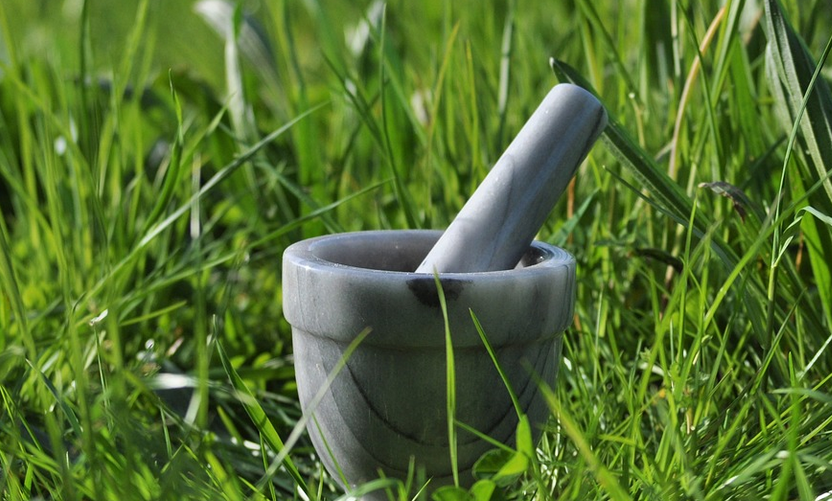Introduction
Have you ever used bleach to clean your home? While this powerful disinfectant can be an effective way to kill germs, it can also pose serious health risks if not used properly. One of the most dangerous consequences of bleach exposure is chemical pneumonia. In this article, we’ll take a closer look at what chemical pneumonia is, how it can be caused by bleach, and what you can do to protect yourself.
What is Chemical Pneumonia?
Chemical pneumonia is a type of lung inflammation that occurs when the lungs are exposed to toxic chemicals. This condition can be caused by a wide range of substances, including bleach. When bleach is inhaled, it can irritate the lining of the lungs and cause inflammation. Over time, this inflammation can lead to serious respiratory problems, including pneumonia.
How Does Bleach Cause Chemical Pneumonia?
Bleach contains sodium hypochlorite, a powerful oxidizing agent that can react with organic materials in the air to produce a number of harmful byproducts. When bleach is mixed with other cleaning chemicals, such as ammonia, it can create a toxic gas that can cause chemical burns to the lungs. Inhaling this gas can lead to chemical pneumonia.
Symptoms of Chemical Pneumonia
The symptoms of chemical pneumonia can vary depending on the severity of the condition. Common symptoms include coughing, shortness of breath, chest pain, wheezing, and fever. In severe cases, chemical pneumonia can lead to respiratory failure and even death.
How to Protect Yourself from Chemical Pneumonia
If you use bleach to clean your home, it’s important to take precautions to protect yourself from chemical pneumonia. Here are a few tips: – Always wear gloves and a mask when using bleach. – Never mix bleach with other cleaning chemicals. – Use bleach in a well-ventilated area. – Avoid inhaling bleach fumes. – If you experience symptoms of chemical pneumonia, seek medical attention immediately.
Treatment for Chemical Pneumonia
If you develop chemical pneumonia from bleach exposure, your doctor may recommend a variety of treatments, including oxygen therapy, antibiotics, and corticosteroids. In severe cases, hospitalization may be necessary.
Conclusion
While bleach can be a powerful tool for cleaning and disinfecting your home, it’s important to use it safely to avoid the risk of chemical pneumonia. By taking the necessary precautions and seeking medical attention if necessary, you can protect yourself and your family from this serious respiratory condition.

